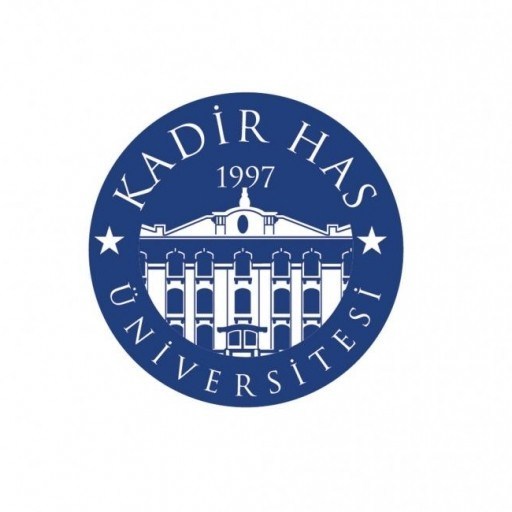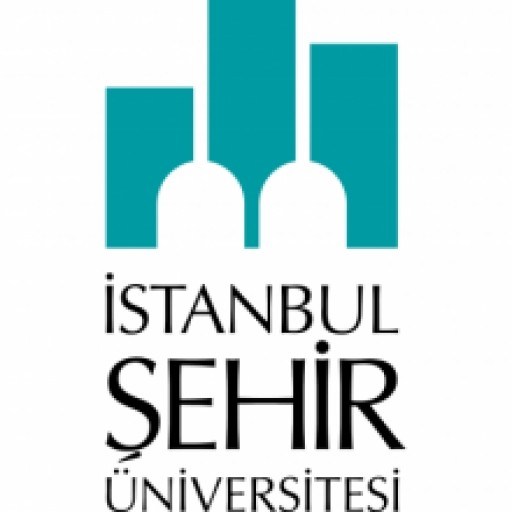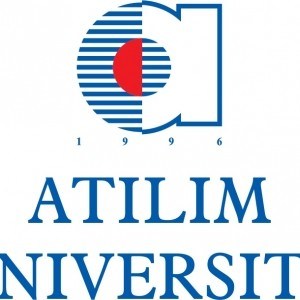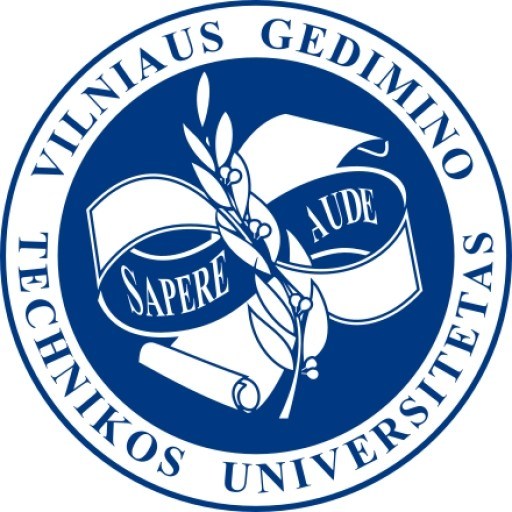Photos of university / #khasedutr
Energy Systems Engineering is a comprehensive and interdisciplinary program designed to equip students with the knowledge and skills necessary to develop, analyze, and optimize energy systems for sustainable and efficient energy production and consumption. At Kadir Has University, the program emphasizes the importance of integrating principles from mechanical, electrical, and environmental engineering to address current global challenges related to energy supply, environmental impact, and technological innovation.
Throughout the curriculum, students will study fundamental topics such as thermodynamics, fluid mechanics, electrical circuits, and control systems, alongside specialized courses in renewable energy sources, power generation, energy management, and smart grid technologies. The program also offers practical training through laboratories, workshops, and industry internships, enabling students to gain hands-on experience with modern energy equipment and software tools used in the industry.
The aim of the program is to prepare graduates who can analyze complex energy systems, design sustainable solutions, and implement innovative technologies in sectors such as renewable energy, fossil fuels, nuclear power, and energy efficiency. Graduates will be equipped to work in various roles including energy system design, project management, research and development, and policy making. The program also fosters critical thinking and problem-solving skills, encouraging students to develop solutions that reduce environmental impact while maintaining economic viability.
Kadir Has University’s Energy Systems Engineering program also emphasizes research, innovation, and interdisciplinary collaboration, providing students with opportunities to participate in cutting-edge projects and scientific studies. With a strong foundation in technical expertise and an awareness of environmental and societal issues, graduates are prepared to contribute meaningfully to the global pursuit of sustainable energy solutions. The dynamic faculty, modern facilities, and strong industry partnerships ensure that students receive a high-quality education aligned with current and future industry needs.
Energy Systems Engineering at Kadir Has University is a comprehensive undergraduate program designed to equip students with in-depth knowledge and practical skills in the development, operation, and management of energy systems. The curriculum emphasizes both traditional and renewable energy sources, aiming to prepare graduates for the evolving challenges of sustainable energy production. Students will explore core concepts such as thermodynamics, fluid mechanics, electrical circuits, and control systems, alongside specialized courses in power generation, energy efficiency, and environmental impact assessment. The program also focuses on the design, analysis, and optimization of energy systems, enabling students to develop innovative solutions for real-world energy problems. Practical training is integrated through laboratory work, industry internships, and project-based learning, fostering hands-on experience. Throughout their studies, students gain proficiency in modern engineering software tools used in system modeling and simulation. The program promotes interdisciplinary understanding by combining principles from mechanical, electrical, and environmental engineering, ensuring graduates are versatile and ready to work in various sectors including energy production, consulting, and research. Faculty members are engaged in cutting-edge research, providing students with insights into the latest technological advancements. Upon graduation, students will be equipped to contribute to sustainable energy initiatives, improve existing energy infrastructures, and develop new technologies that reduce environmental impact. The program aims to produce competent engineers capable of addressing global energy challenges and supporting the transition toward cleaner, more efficient energy systems.
The Energy Systems Engineering undergraduate program at Kadir Has University requires prospective students to have completed a secondary education with a strong emphasis on science and mathematics subjects. Applicants must submit their high school diploma or an equivalent qualification recognized internationally. Entrance to the program is competitive and based on the results of the university entrance examination or other accepted standardized testing methods. Applicants are expected to demonstrate proficiency in English, typically through standardized language tests such as TOEFL or IELTS, or through university-specific language assessment procedures.
The curriculum is designed to provide students with a comprehensive understanding of energy systems, including thermodynamics, fluid mechanics, electrical engineering, control systems, and sustainable energy sources. Students are required to complete a set of core courses covering foundational engineering principles, as well as specialized courses in renewable energy technologies, energy management, and system optimization. Practical applications are emphasized through laboratory work, projects, and internships, which are integral parts of the program.
To graduate, students must earn a predetermined number of credits in both theoretical and practical modules, successfully complete all required coursework, and defend a final year project or thesis. The program also encourages participation in research activities and industry collaborations to enhance employability skills. Additionally, students are expected to adhere to academic integrity policies, maintain a minimum cumulative grade point average (GPA), and fulfill attendance requirements stipulated by the university.
Language of instruction is primarily English, and students are expected to develop proficiency in technical English relevant to energy engineering. The program aims to prepare graduates for careers in energy production, management, consulting, and policy development, as well as for postgraduate studies. Admission requirements may vary slightly each academic year, and applicants are advised to consult the university's official admissions webpage for the most current information. The program fosters a multidisciplinary approach, combining engineering fundamentals with innovative solutions for global energy challenges, equipping graduates to contribute effectively to the energy sector's sustainable development.
Related Scholarships*
- Academic Excellence Scholarship
"The Academic Excellence Scholarship can provide up to a 50 % reduction in tuition per semester. These scholarships will be renewed if the student maintains superior academic performance during each semester of their 3-year Bachelor programme. The scholarship will be directly applied to the student’s tuition fees."
- Alumni Study Travel Fund
Scholarships for students who are already attending the University of Reading.
- Amsterdam Merit Scholarships
The University of Amsterdam aims to attract the world’s brightest students to its international classrooms. Outstanding students from outside the European Economic Area can apply for an Amsterdam Merit Scholarship.
* The scholarships shown on this page are suggestions first and foremost. They could be offered by other organisations than Kadir Has University.
Energy Systems Engineering at Kadir Has University offers a comprehensive program designed to equip students with the knowledge and skills necessary to address the challenges of modern energy production, distribution, and management. The curriculum covers fundamental topics such as thermodynamics, fluid mechanics, electrical systems, and renewable energy sources, preparing graduates for careers in energy planning, sustainability, and technological innovation. Students engage in both theoretical coursework and practical applications, including laboratory work, project development, and internships with industry partners, fostering hands-on experience in real-world settings. The program emphasizes sustainable energy solutions, aiming to produce engineers capable of designing and optimizing energy systems that are efficient, reliable, and environmentally friendly. Courses are taught by faculty members who are experts in their fields, utilizing the latest pedagogical methods and research insights. The university's facilities support innovation and research, providing state-of-the-art laboratories and equipment necessary for advanced experimentation and project work. Graduates of the program are expected to find employment in energy companies, consulting firms, governmental agencies, and research institutions, contributing to the development of sustainable energy infrastructure globally. Additionally, the program seeks to promote interdisciplinary collaboration, encouraging students to integrate knowledge from economics, environmental science, and engineering to develop holistic solutions for energy challenges. The program duration is typically four years for undergraduate studies, with options for specialization and further graduate study. Kadir Has University's commitment to quality education and innovation makes it an ideal place for aspiring energy engineers to develop their careers and contribute meaningfully to the global energy sector.









